Website owners and marketers alike understand that Google indexing is vital to a business’ existence in this day and age, and SEO is an intricate, vast sea to navigate. So, to better understand how to navigate that sea and how SEO impacts the way your site is indexed, let’s first break the two key terms and processes down that enable your website to be ranked – crawling and indexing.
The entire web world depends on crawling and indexing. The term ‘crawling’ gets its name from the Google Spider crawler. This bot is what’s used to visit your website for tracking purposes. The process of crawling essentially just means to follow a path. And, in the world of SEO, this means following your links to ‘crawl’ around your website from page to page.
Once Google’s bots are done crawling around your website, the results are put into Google’s index, or web search, a process referred to as ‘indexing.’ In other words, web pages are added into the Google search. But, the bots will only pick up pages that have meta tags. So, it’s best to make sure vital parts of your website are indexed so that they can rank higher in search engines.
SEO in 2019: What You Should Know About Google Indexing
With millions of websites out there, you might be wondering just how exactly you can ensure your site is indexed for a high rank. Not every site is going to be satisfied with their crawling and indexing rate. But, there are certain factors that affect such things that you can control to attempt to stand out. Some of these major factors include the following:
- Domain Name – The importance of the domain name has risen significantly. Domains that include the main keyword are ranked higher, as are crawl rates for those domains that have good authority and traffic.
- Meta Tags – Be sure you’re creating non-competitive, unique meta tags for the pages of your website. This ensures that you’re able to achieve a higher search engine rank.
- XML Sitemap – An XML sitemap is advised when you set up a WordPress site because it can be auto-generated. This means that Google is informed each time your site is updated so that it can essentially be re-crawled and hopefully achieve a higher rank.
- Backlinks – When it comes to search engines, the more backlinks you have, the more reputable and trustworthy you are. Sites who are ranked higher but aren’t receiving any backlinks tend to be passed over for the assumption of having low-quality content.
- Internal Linking – Internal linking is always a good practice. It helps with SEO but also with maintaining active users on your website.
- Duplicate Content – You do not want to have duplicate content on your website, as this is a red flag to Google. If you want to achieve better SEO, then you need to rid your site of repeated content and fix any re-direct errors.
By focusing on and controlling these key indexing factors, your website will be optimized so that it stands a better chance of being more accurately crawled and indexed by Google in hopes of achieving a high search engine rank.




